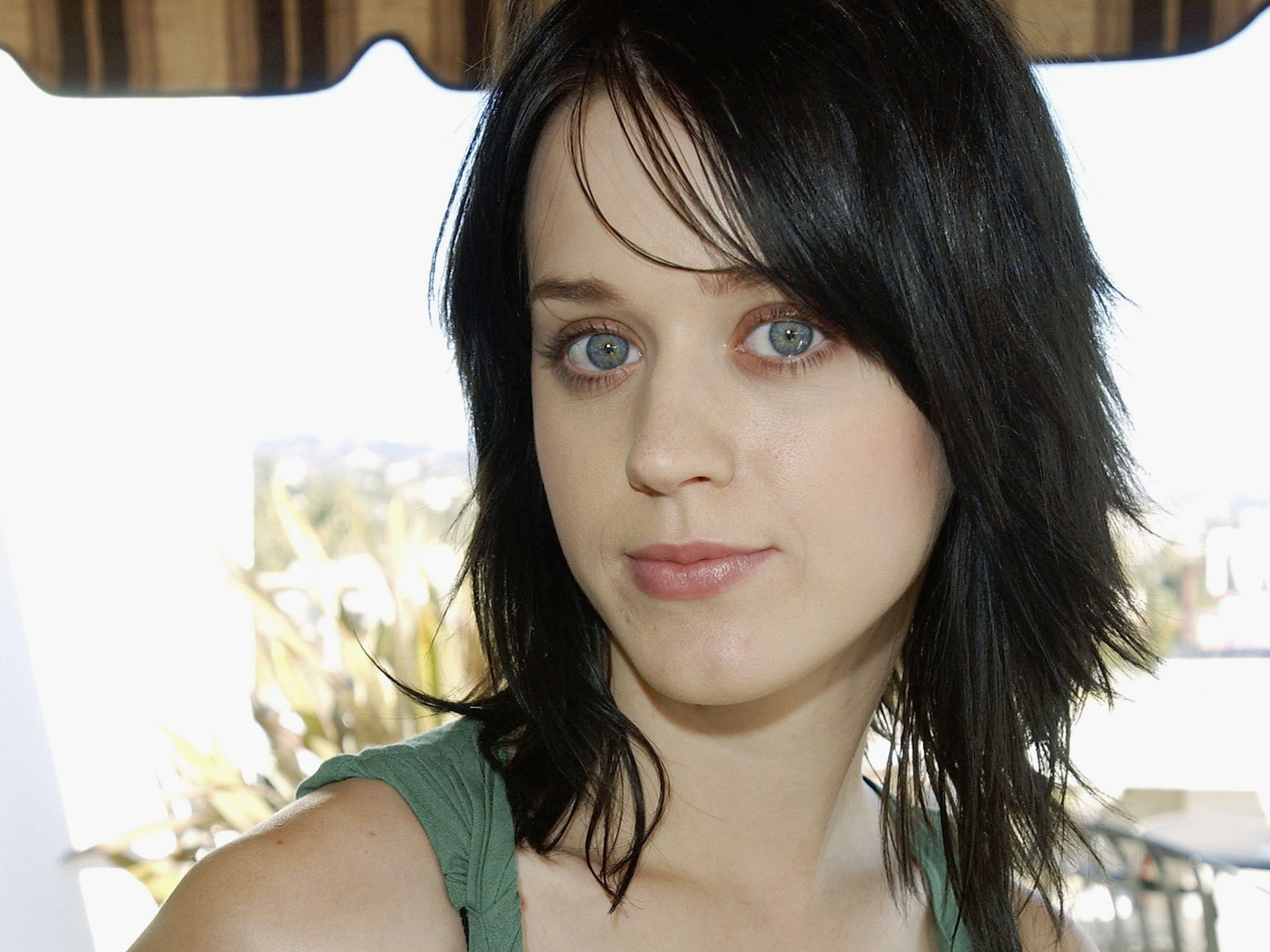Why don't Christian Contemporary Music acts ever make it into the mainstream?
Their music sells by the bucketload, their tours are huge and, in the US, they're more popular than jazz and blues put together

Your support helps us to tell the story
This election is still a dead heat, according to most polls. In a fight with such wafer-thin margins, we need reporters on the ground talking to the people Trump and Harris are courting. Your support allows us to keep sending journalists to the story.
The Independent is trusted by 27 million Americans from across the entire political spectrum every month. Unlike many other quality news outlets, we choose not to lock you out of our reporting and analysis with paywalls. But quality journalism must still be paid for.
Help us keep bring these critical stories to light. Your support makes all the difference.
As the names of the artists and song titles scrolled slowly up the screen, I realised that I hadn't heard of any of them. It was an advert on TV this week for a triple CD compilation entitled "The World's Favourite Worship Songs", and bearing in mind that I'm a shoulder-shrugging atheist, perhaps I wasn't supposed to have heard of them.
Perhaps the collected musical output of Sonicflood, Matt Redman, Rend Collective and Tim Hughes simply isn't pitched at me. But a cursory online search reveals that these artists are huge; they tour extensively, release successful albums and have thousands of fans and followers on social media. Why have they never drifted into my line of sight?
When I read about bands with names such as Thousand Foot Krutch or Underoath playing to stadiums full of people, why does it feel like fiction? Is there a mainstream media conspiracy? Why should atheists have all the best tunes? In the US, Christian Contemporary Music (CCM) sells as many records as classical, jazz and blues music combined, but its relationship with mainstream rock and pop has never been entirely comfortable. Throughout the 1950s and 1960s, the music of Elvis Presley, The Rolling Stones and others prompted a continual state of alarm among Christian groups and it wasn't until the late 1960s that Christian rock began to emerge as a force. "Forget your hexagram / and soon you'll feel fine" sang one of its pioneers, Larry Norman, in 1969.
But ever since then, Christian artists seem to have been plunged into a quandary over how openly to embrace their faith. Many will thank God on their record sleeves but refrain from mentioning God in their lyrics; Sufjan Stevens, for example, has been referred to as "the poster boy for hipster Christianity", but you wouldn't know it from his records, and you'd be unlikely to see him on a bill alongside the aforementioned Sonicflood. CCM and its secular equivalent seem to exist almost entirely independently of one another. For those outside the world of CCM it comes across as a curiosity, something that you wouldn't want to associate yourself with for fear of becoming marginalised – or, in the case of the 1980s US Christian metal band Stryper, ridiculed.

But we're talking about a pretty massive margin. The kind of crowds that turn out to see CCM artists in the US would make struggling secular musicians' jaws drop. And once you're established, it's a lucrative market that you upset at your peril. Last year, Tim Lambesis, frontman of US Christian metal band As I Lay Dying, confessed in an interview: "I would say maybe one in 10 Christian bands we toured with were actually Christian bands." (The lack of faith he alluded to within his own band was strenuously denied by his bandmates.) Conversely, the history of CCM is littered with examples of musicians who've become wary of the tag; Evanescence, a US band formed in 1995, were widely regarded as a Christian act, but when they said that they'd rather not be considered as such their music was pulled from the shelves of Christian bookstores.
Luxury, the band from Toccoa, Georgia with three ordained Orthodox priests within its ranks, have also "largely eschewed the Christian music scene". Perhaps most famously, Katy Perry changed her name from Katy Hudson, conveniently forgot her CCM roots and became a global superstar.
Indie music has, for years, struggled with questions related to "selling out" or "crossover", but those arguments seem to be far more heated in CCM circles. "They've lost the focus on what they're supposed to do with God's gift," says one commenter at Christianity Today, the website of Christianity Today Magazine, regarding artists who slip into the mainstream. "They've crossed over to make more money." The UK Christian rock band Delirious? managed to have a string of minor hit records, but were accused of "selling out" with their 1999 album, Mezzamorphis.

"They were a band making great music," says Stuart Townend, whose Best Of Volume 2 appears in this week's Christian & Gospel top 20, "but because they were identified as Christians, Radio 1 said, 'Well, we're not going to play these songs because they're not cool'."
Ignored by the mainstream and damned by some of their fans for even attempting to pursue greater success, the band found themselves caught between a rock and a hard place.
Enjoy unlimited access to 100 million ad-free songs and podcasts with Amazon Music
Sign up now for a 4 month free trial (3 months for non-Prime members)
Enjoy unlimited access to 100 million ad-free songs and podcasts with Amazon Music
Sign up now for a 4 month free trial (3 months for non-Prime members)
"There was a time when Christian music was looked down on because it was substandard," says Townend, "and not necessarily that interesting. But I don't think that's the case any more. There are some fantastic musicians around – but there's still something that seems to place them on the outside of what's deemed acceptable, or normal."
Having listened to a few of the tunes from The World's Favourite Worship Songs, I'm not sure it's my cup of tea; perhaps unsurprisingly, it's persistently anthemic and uplifting, and as a consequence it almost comes across as insincere (which it almost certainly isn't.)
But your religion doesn't necessarily have to influence the chords and melodies you come up with. A delve back into the curious history of Christian rock and pop reveals such gems as Montgomery Chapel (a spooky, psychedelic album by Sacramento band The Search Party), the 1970s west coast sound of Wilson McKinley and the funky clavinet of Michael Omartian. And you know what – if those names had scrolled up the screen on a TV advert last night, I wouldn't have heard of any of them either.
Join our commenting forum
Join thought-provoking conversations, follow other Independent readers and see their replies
Comments